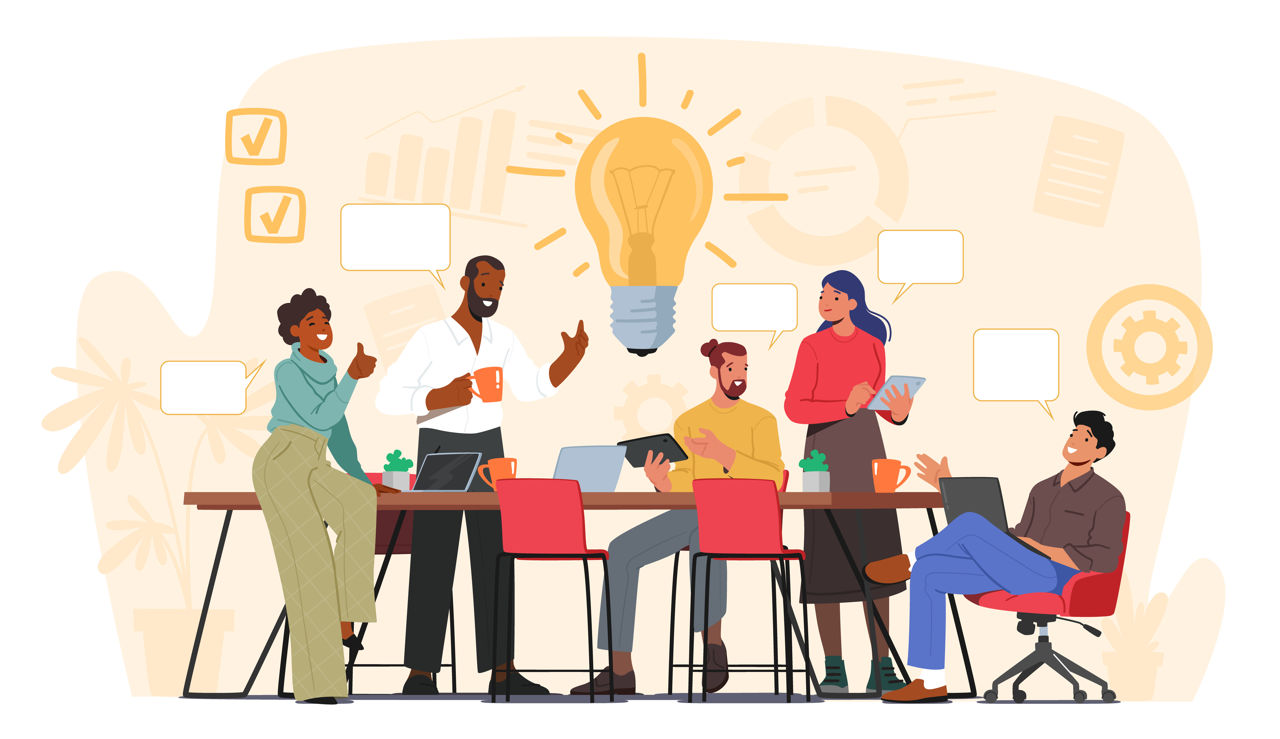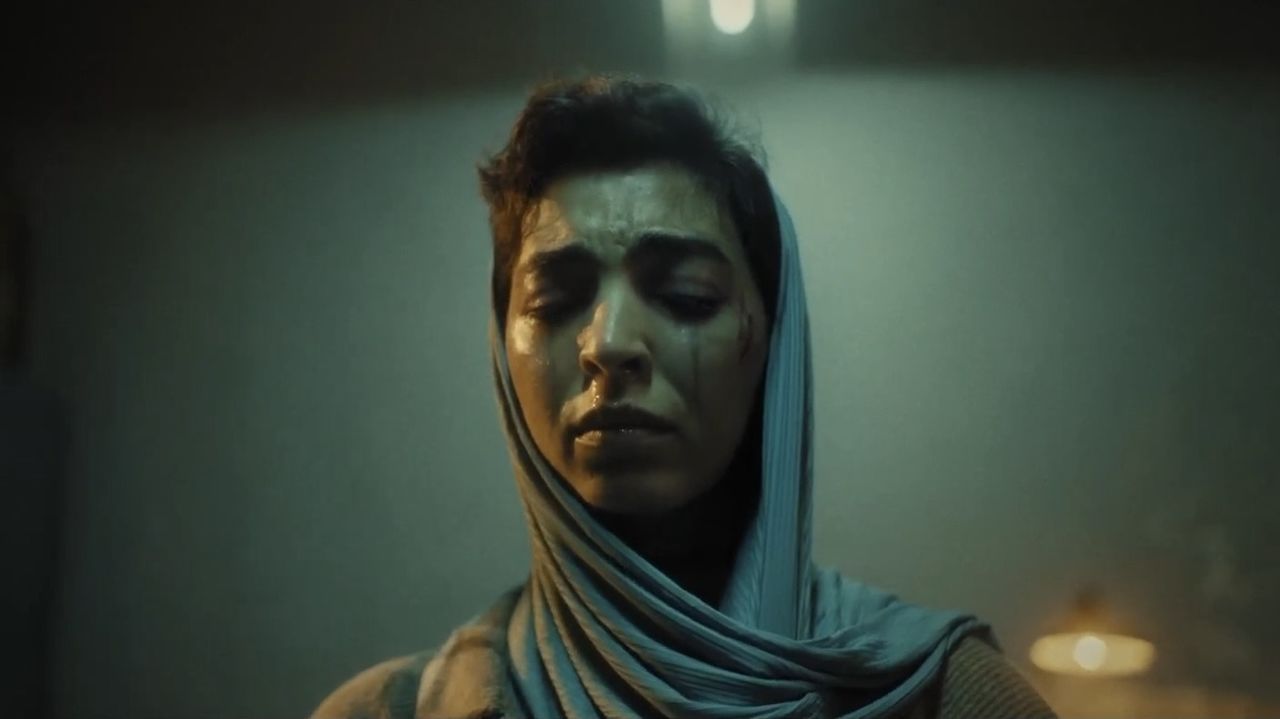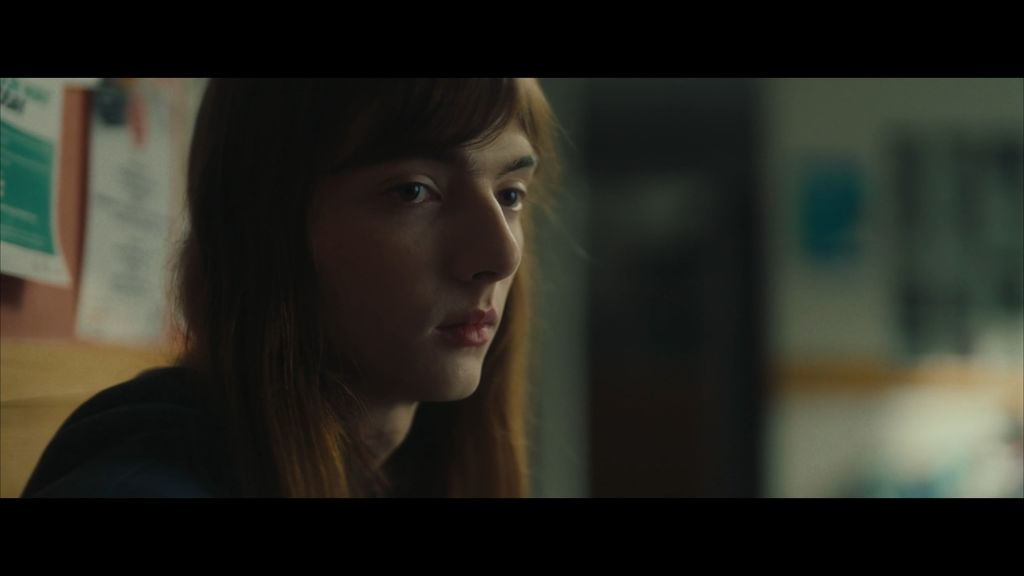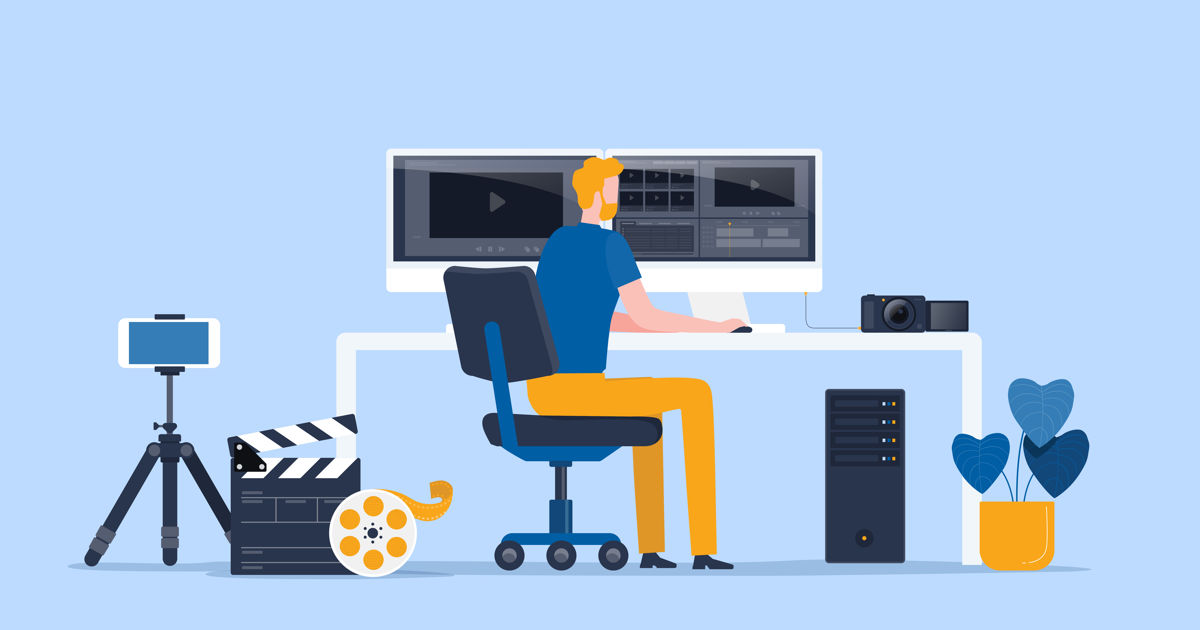In edit we trust: nailing the cut on sensitive projects
Encouraging disputes in the editing room might seem risky, but respectful creative debates play a crucial role in the filmmaking process. Drawing from his own experiences of cutting delicate topics, Absolute Editor Ollie Burn emphasises the transformative power of collaborative editorial decisions on short films, advocating for a clear purpose and commitment to storytelling integrity.
If I edit a film, and the final output is the same as the script, I've failed.
It means I haven’t explored the infinite possibilities open to me; it means the director and I haven’t bounced ideas off each other – or even argued – enough. Arguing is a good thing: filmmaking is collaborative, and a good debate means you’re striving to make the best work possible.
The audience will never read the original script, so in the end the only thing that matters is what is on screen - it either works, or it doesn't.
Working on anything that deals with potentially sensitive issues is both an honour and a challenge. It’s great to be trusted to tell a story that means so much to people, but with that comes the fear of making sure you do right.
The thing I love about short films is that they’re always different to what you envisioned at the start. You never quite know where they're going to take you.

Filmmaking is collaborative, and a good debate means you’re striving to make the best work possible.
The relationship between director and editor is crucial. Last year, I had the honour of editing Rise, a short film about the Women Life Freedom movement, which just picked up a commendation at The Immortal Awards and multiple British Arrows nominations.
It’s easy to become desensitised when you're looking at the same thing day in, day out.
I don’t say this to brag – it's just a candid example of why these relationships matter. I’m an English man, with no experience of the realities of life as a woman, let alone under a regime like Iran’s. The director and producer, however, were close to the script, so it was integral that I gained their trust and proved I would take it seriously, that it wasn't just ‘another job’ for me as an editor.
Credits
View on-
- Production Company Evoca Foundation
- Director SHIRZAN
-
-
Unlock full credits and more with a shots membership
Credits
View on- Production Company Evoca Foundation
- Director SHIRZAN
- Post Production Absolute Post
- Music Pitch & Sync
- Executive Producer Naza Alakija
- Producer Joseph Ogunmokun
- Producer Rebecca Becky Bishop
- DP Luke Jacobs / (DP)
Explore full credits, grab hi-res stills and more on shots Vault

Credits
powered by- Production Company Evoca Foundation
- Director SHIRZAN
- Post Production Absolute Post
- Music Pitch & Sync
- Executive Producer Naza Alakija
- Producer Joseph Ogunmokun
- Producer Rebecca Becky Bishop
- DP Luke Jacobs / (DP)
Above: The short film Rise follows the tragic outcome of a young Iranian woman's resistance to Tehran’s patriarchal ‘morality police’. The film's director SHIRZAN worked anonymously to avoid reprisals from Iran.
We wanted the violence and death scenes within the film to be impactful and walked the tightrope of how to portray this. We felt that downplaying it would not show the true facts and do the women affected by this an injustice, but on the flip-side, we didn’t want to show too much and glorify the brutality.
With short films, the smallest of editorial decisions can greatly impact the narrative.
It’s easy to become desensitised when you're looking at the same thing day in, day out, so having a team who encouraged me to step back and remember the gravity of the content was important. As was showing the film to colleagues whose opinions I valued. In some cases, you can get too close to something and can't see the wood for the trees.
With short films, the smallest of editorial decisions can greatly impact the narrative. It could be cutting a shot a single frame earlier for effect, or it could be the restructuring of an entire story. The audience will never read the original script, so in the end the only thing that matters is what is on screen - it either works, or it doesn't.

Above: Actor Yasaman Mohsani in a scene from Rise.
I recently saw Waiting List, the story of a transgender woman and the process she must endure to live as her authentic self. The editor does a fantastic job of giving space and silence to delicate conversations, whilst using quicker cuts to build the pace as the story crescendos.
Trust the happy accidents, the unexpected moments within performances that guide the edit in a totally new direction.
In films like this, where context remains king, editorial decisions play a pivotal role in elevating, not distracting. As the audience I'll never know how close this film was to the original pitch. And it doesn't matter. What matters is what is in front of you, and what you take away from it. In different hands, this film could have felt exploitative or mawkish, but this edit works perfectly.
Credits
View on-
- Production Company Nowadays
- Director Phoebe Brooks
-
-
Unlock full credits and more with a shots membership
Credits
View on- Production Company Nowadays
- Director Phoebe Brooks
- Color Cheat
- Colorist Karol Cybulski
- DP Charles Harrison Mori
- Editor Ben Harding
- Composer/Sound Designer/Audio Mixer Matt Valentine
- Executive Producer Thom Wood
- Executive Producer Guy Saville
- Producer Jennifer Garrett
- Writer Phoebe Brooks
Explore full credits, grab hi-res stills and more on shots Vault

Credits
powered by- Production Company Nowadays
- Director Phoebe Brooks
- Color Cheat
- Colorist Karol Cybulski
- DP Charles Harrison Mori
- Editor Ben Harding
- Composer/Sound Designer/Audio Mixer Matt Valentine
- Executive Producer Thom Wood
- Executive Producer Guy Saville
- Producer Jennifer Garrett
- Writer Phoebe Brooks
Above: In Waiting List, editor Ben Harding used a skillful blend of quick cuts to build narrative and pauses in conversation to tell the story of a young trans woman's distress.
Building a bank of editorial decisions - and actually utilising them - requires confidence. Your ideas and understanding of a film change as you work on it. You begin to see what it is and what you can do with what you have. But that also comes with experience. I’m a far better cheerleader of my own creative opinions than I was early on in my career. I’m constantly going back and changing things I’ve done - the hardest part is knowing where to stop!
Building a bank of editorial decisions - and actually utilising them - requires confidence.
So, I guess what I’m trying to say is this: what’s the point? Always refer back to the ‘why’ you’re making a particular choice, and keep the gravity of the content at the core of the edit.
Trust the happy accidents, the unexpected moments within performances that guide the edit in a totally new direction. A second or so longer on a character’s face can change how a film feels. A minute or so longer finalising editorial choices can change what it actually means.
)







